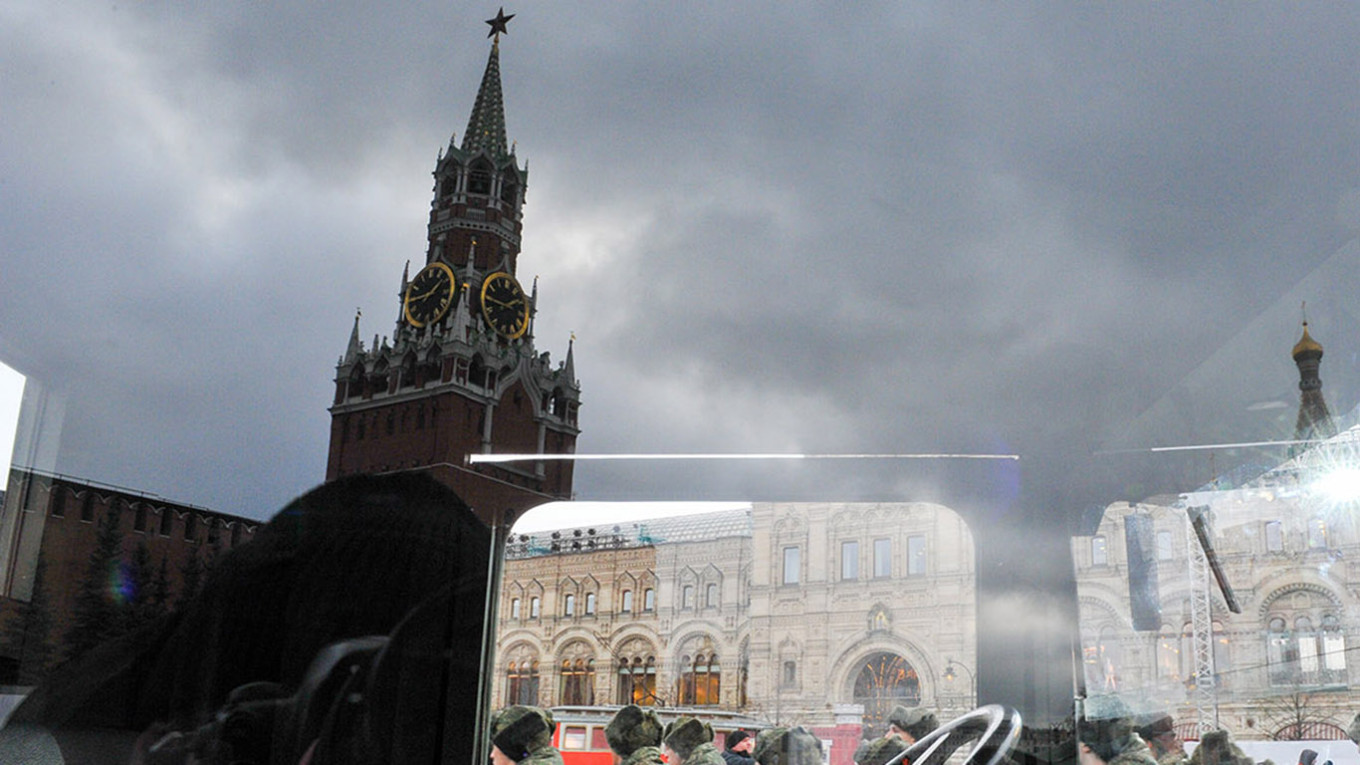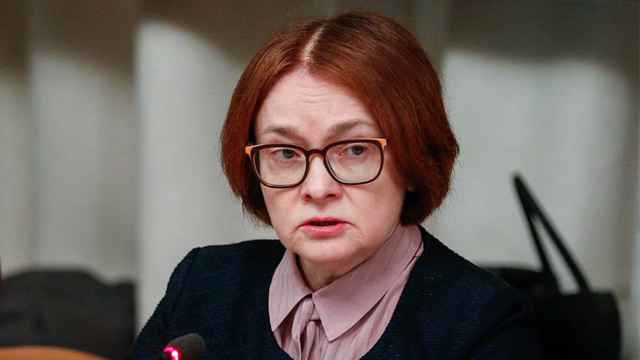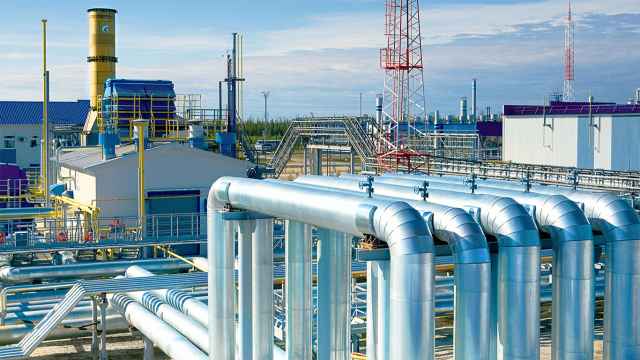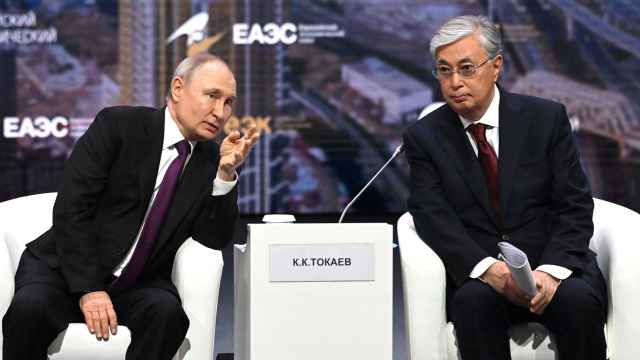Russia’s economy has continued to lose momentum for the third consecutive quarter, according to new data from the Economic Development Ministry.
The ministry estimated that GDP grew by just 0.6% year-on-year in July-September, down from 1.1% in the second quarter, 1.4% in the first and 4.5% in the final quarter of 2024.
Overall, Russia’s economy expanded by 1% in the first nine months of 2025, four times slower than the 4.3% growth recorded a year earlier.
Industrial growth rose just 0.5% compared to 5.6% in 2024, while most civilian sectors are now in decline.
Food production fell 0.2% in the third quarter, textile and footwear output dropped 2.3% and furniture manufacturing plunged nearly 10%.
Oil refining contracted by 4.5% after a series of Ukrainian drone attacks.
Russia’s metallurgical industry slipped into recession for the first time since 2022, with output down 3.3%, the ministry said.
Massive wartime spending in 2023-24 temporarily fueled rapid growth, reaching levels not seen since the early 2010s.
But production capacity and labor reserves are now exhausted, said Alexandra Prokopenko, a fellow at the Carnegie Russia Eurasia Center in Berlin.
Researchers at the Russian Academy of Sciences’ Institute of Economic Forecasting estimated that growth stalled in mid-2024 and GDP is almost the same today as it was 18 months ago.
Business profits fell 8.3%, or 1.6 trillion rubles, between January and August, according to state statistics agency Rosstat.
The slowdown is hitting government revenues hard. Oil and gas income has dropped by about 20%, and non-resource tax collection is also falling short.
According to recent budget amendments passed by the State Duma, value-added tax (VAT) revenues will be 1.19 trillion rubles below target this year, while corporate income tax will miss projections by 167 billion rubles and personal income tax by 83 billion.
Customs revenues have declined 19% compared to last year, meaning a shortfall of 1.4 trillion rubles.
“As economic growth stalls and revenues decline, Moscow is no longer able to pump up the fiscal stimulus that fueled earlier wartime expansion, instead embracing austerity measures that threaten to further strangle the civilian economy,” said Alexander Kolyandr, a senior fellow at the Center for European Policy Analysis.
To cover the growing deficit, the government plans to raise VAT to 22% next year and introduce sweeping tax reforms for small businesses, ending preferential rates for hundreds of thousands of entrepreneurs.
“Russia’s economy may simply lack the resources to sustain the Kremlin’s geopolitical appetites,” said economist Yevgeny Nadorshin, who forecasts a 2% GDP contraction in 2026. “The budget shortfall isn’t deliberate, it’s a sign the system can’t deliver more.”
According to Prokopenko, sustaining the war effort at current levels would require Russia to transition to a full-scale wartime economy reminiscent of World War II in which civilian production is repurposed for military use.
But she warned that this step — which the Kremlin has so far avoided taking — would risk social unrest and consumer shortages.
A Message from The Moscow Times:
Dear readers,
We are facing unprecedented challenges. Russia's Prosecutor General's Office has designated The Moscow Times as an "undesirable" organization, criminalizing our work and putting our staff at risk of prosecution. This follows our earlier unjust labeling as a "foreign agent."
These actions are direct attempts to silence independent journalism in Russia. The authorities claim our work "discredits the decisions of the Russian leadership." We see things differently: we strive to provide accurate, unbiased reporting on Russia.
We, the journalists of The Moscow Times, refuse to be silenced. But to continue our work, we need your help.
Your support, no matter how small, makes a world of difference. If you can, please support us monthly starting from just $2. It's quick to set up, and every contribution makes a significant impact.
By supporting The Moscow Times, you're defending open, independent journalism in the face of repression. Thank you for standing with us.
Remind me later.






